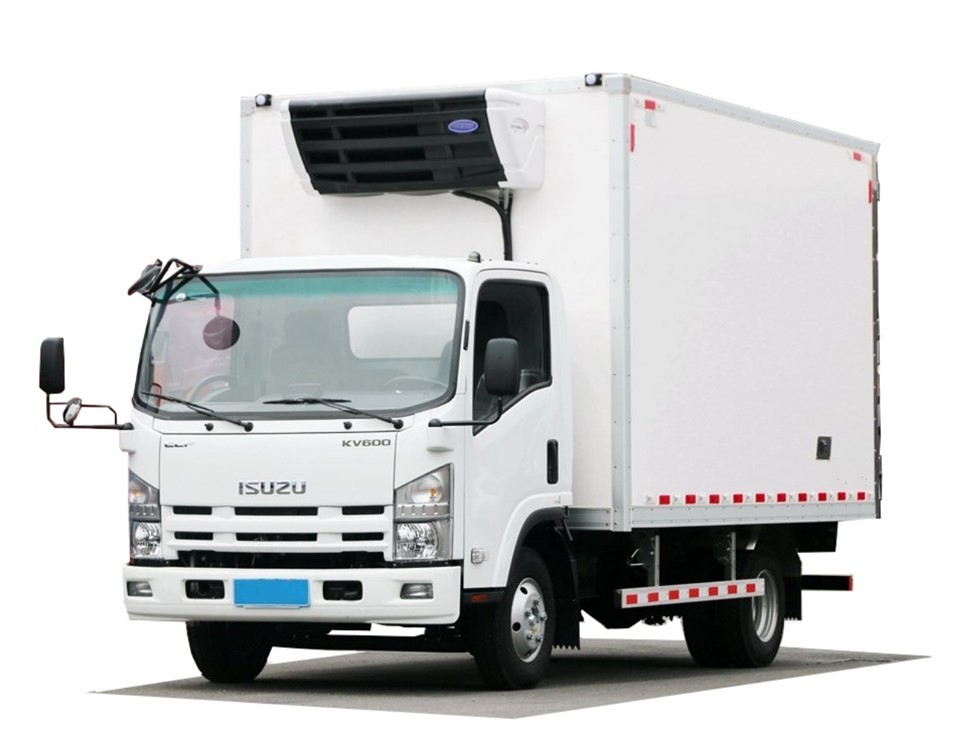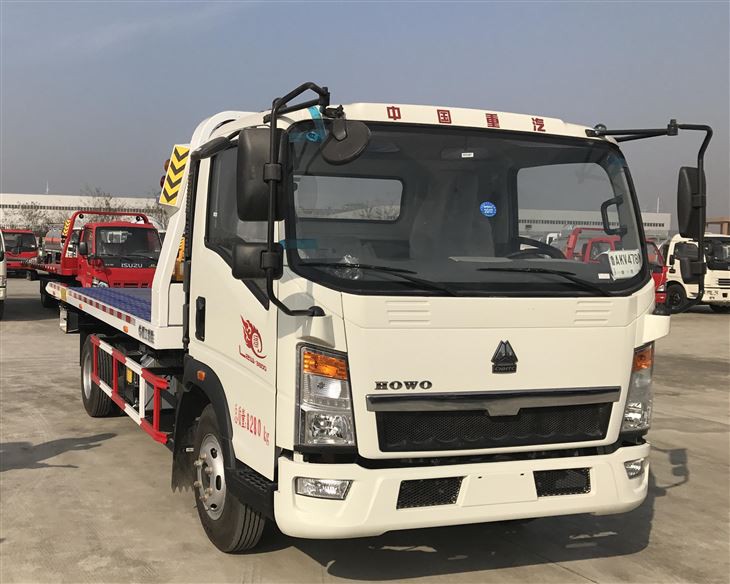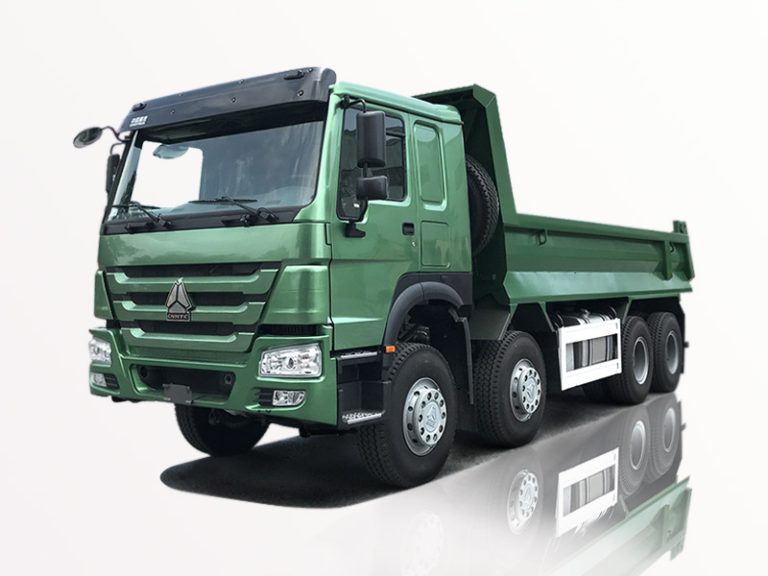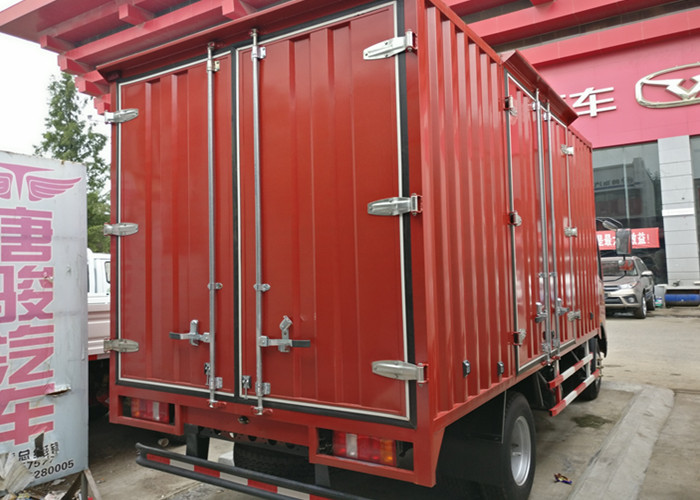Looking for the ideal dumpster bin for your waste management needs? Whether you’re a homeowner, contractor, or business owner, selecting the right dumpster bin can make all the difference. In this comprehensive guide, we will explore various dumpster bins for sale, their types, specifications, and reasons why investing in a dumpster bin is beneficial. With practical examples, tips, and frequently asked questions, you’ll have all the information you need to make an informed decision.
Understanding Dumpster Bins: What Are They?
Dumpster bins are large waste containers designed for collecting and transporting refuse. They come in various sizes and materials to cater to different waste disposal needs, making them an essential part of both residential and commercial waste management systems.
Types of Dumpster Bins
There are several types of dumpster bins available for sale, each serving a specific purpose:
- Roll-off Dumpsters: These are large, open-top containers that can be rolled away to a site for temporary use.
- Front-load Dumpsters: Ideal for commercial use, these are stationary containers that are emptied by a front-loading garbage truck.
- Rear-load Dumpsters: These are designed for easy access, with a rear door for loading waste. They are commonly used in industrial settings.
- Vegetation Dumpsters: Specifically designed for yard waste including branches, grass clippings, and leaves.
- Construction Dumpsters: Built to accommodate heavy debris and materials from construction sites.
Materials Used in Dumpster Bins
Dumpster bins are usually made from various materials, including:
- Steel: Durable and resistant to corrosion, steel bins are ideal for heavy waste.
- Plastic: Lighter and more portable, they are suitable for smaller waste loads.
- Aluminum: Lightweight and resistant to rust, perfect for specific environments.
Factors to Consider When Buying Dumpster Bins
Choosing the right dumpster bin involves considering several factors:
1. Size
The size of the dumpster bin should correspond with your waste disposal needs. Common sizes include:
| Size (Cubic Yards) | Typical Uses |
|---|---|
| 10 | Small home renovation |
| 20 | Medium construction projects |
| 30 | Major cleanouts or renovations |
| 40 | Large-scale construction projects |
2. Weight Capacity
Know the weight limits of different dumpster bins. Exceeding these limits can lead to additional fees or complications.
3. Purpose
Determine the purpose of your dumpster bin. Are you disposing of renovation debris, yard waste, or general trash? Each type of waste may require a different bin.
4. Rental vs. Purchase
Decide whether to rent or purchase a dumpster bin. Rental is often more suitable for temporary use, while purchasing is a better long-term investment for businesses.
Benefits of Using Dumpster Bins
Investing in dumpster bins provides several advantages:
1. Efficiency
Dumpster bins streamline waste collection and management, saving time and effort.
2. Cost-Effective
While there’s an upfront cost, having a dedicated dumpster can reduce overall disposal fees in the long run.
3. Environmental Responsibility
Proper waste disposal helps to mitigate landfill overflow and reduce your carbon footprint.
4. Safety
Counteracting clutter reduces hazards associated with waste lying around, promoting a safer work or home environment.
Where to Find Dumpster Bins for Sale
Finding dumpster bins for sale is easier than ever with various retail and online options:
1. Local Waste Management Companies
Contact local waste management providers to inquire about bins they have for sale or rent.
2. Home Improvement Retailers
Stores like Home Depot or Lowe’s often carry dumpster bins or can recommend local suppliers.
3. Online Marketplaces
Websites like Amazon, eBay, or industry-specific sites often offer a range of dumpster bins.
Practical Examples of Using Dumpster Bins
Here are some scenarios showcasing how dumpster bins can be beneficial:
1. Home Renovation
If you’re remodeling your kitchen, a 20-yard dumpster bin can handle old cabinets, countertops, and flooring.
2. Estate Cleanout
During the cleanout of a family member’s home, a 30-yard bin can accommodate furniture, boxes, and household items.
3. Construction Sites
Contractors frequently use 40-yard dumpsters to dispose of heavy materials like concrete, wood, and metal during large-scale projects.
Maintenance Tips for Dumpster Bins
Proper maintenance ensures that your dumpster lasts longer and functions correctly:
1. Regular Cleaning
Periodically wash out your dumpster bins to prevent contamination and unpleasant odors.
2. Proper Loading
Avoid overloading or stacking waste above the sides of the bin; this can lead to gnawing fees or hazardous spills.
3. Monitor Weight
Keep track of the weight of the waste being disposed of, ensuring you stay within the bin’s limits.
Frequently Asked Questions (FAQ)
1. How much do dumpster bins typically cost?
The price for dumpster bins varies widely based on size, material, and whether it’s rental or purchase. Costs can range from a few hundred to several thousand dollars.
2. Can I put any type of waste in a dumpster bin?
No, hazardous materials such as chemicals, batteries, or medical waste typically cannot be disposed of in dumpster bins. Always check local regulations.
3. How long can I keep a rented dumpster bin?
Rental periods vary by company but generally range from a few days to several weeks. Extensions may be available for an additional fee.
4. Do I need a permit to place a dumpster bin on the street?
Yes, typically, you will need a permit to place a dumpster on a public road. Contact your local municipality for specific requirements.
5. What is the best way to load a dumpster bin?
Start by loading heavy items first followed by lighter materials. Keep waste under the top line to avoid overloading the bin.
6. Are there any discounts available for renting dumpster bins?
Many companies offer discounts for extended rental periods, bundling services, or for first-time customers. Always ask!



